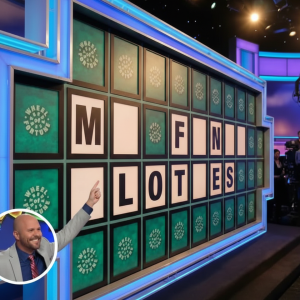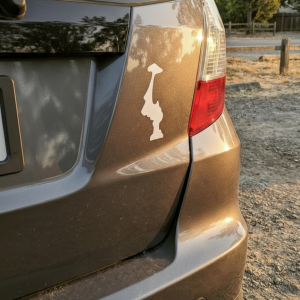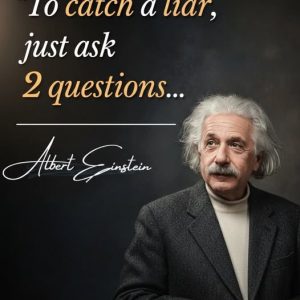The passage traces a profound personal transformation sparked by what initially seemed like devastation: the sudden loss of a job. In the beginning, her reaction was purely emotional—panic, shame, and fear flooded in as she imagined how others might perceive her. Losing a job can feel like a personal failing, and she feared judgment from those who might assume she had been careless or incompetent. But as she gained emotional distance from the event, she began to see the deeper truth beneath the shock. The workplace she left had become a place where kindness was punished and empathy was perceived as a challenge to authority. Her dismissal was not a reflection of her shortcomings but rather an indicator of her boss’s insecurity and the unhealthy culture she had been forced to endure. What felt like a collapse was actually an escape from an environment that diminished her strengths.
What came after her departure surprised her even more than the loss itself. In the weeks that followed, she unintentionally drew the attention of people who admired the very qualities her former boss had feared. Many reached out to thank her for the compassionate action that led to her dismissal—an act she once saw as small, but that others viewed as brave. Some shared stories of their own attempts to care for others in workplaces that punished empathy. Others admitted that they had once stayed silent because they didn’t feel strong enough to risk consequences. She discovered, slowly and quietly, that a community existed—one built from the experiences of people who had also been harmed for trying to do the right thing. What began as a moment of isolation became an unexpected point of connection.
As her life began to rebuild, her work took on a new shape and purpose. No longer tied to a toxic environment or a boss who feared her sincerity, she found herself using the same skills—listening, supporting, guiding—to uplift people who genuinely needed them. Tasks that once felt draining now carried meaning. Her compassion, once treated as a liability, became a source of strength in a healthier, more supportive environment. She discovered that healing others often starts with small gestures of attention and understanding, and that there are spaces where such gifts are not only welcomed but essential. She began collaborating with people who valued her presence and recognized her emotional intelligence as a rare and vital contribution.
The transformation wasn’t immediate. There were moments when she doubted herself, moments when she longed for the familiarity of her previous job even though that familiarity had harmed her. But each step forward revealed more clearly that what she thought was a disaster had actually cleared the way for her growth. The job she lost had been anchoring her to a version of herself that believed endurance was the only path. In letting go—however unwillingly—she made space for a life grounded in honesty, dignity, and genuine purpose. Her new path felt lighter because it aligned with her values instead of burying them.
Her story conveys the idea that small choices can shape the course of an entire life. A single act of courage, even one that feels insignificant or impulsive, can reveal alternative futures we might never explore if we cling too tightly to comfort or fear. The cost of doing the right thing may be steep in the moment. It may involve losing stability, facing uncertainty, or confronting pain. Yet, that cost can open doors that remain hidden until we take the step we are most afraid to take. Her experience shows that moral courage is often followed by clarity, connection, and unexpected opportunities.
Ultimately, her journey becomes a testament to resilience and the transformative power of empathy. What once felt like the worst moment of her life became the catalyst for discovering her purpose, finding her community, and reclaiming her sense of worth. Instead of being defined by the judgment of someone threatened by her compassion, she emerged stronger, more grounded, and more aligned with the person she was meant to become. Her story reminds us that loss can be a beginning, that kindness is not weakness, and that the paths we fear most may be the ones that lead us home.





